Informationen zum Buch
Home » Publications » Stakeholders and procedures in the development of national training standards – a European comparative study
Stakeholders and procedures in the development of national training standards – a European comparative study
Erscheinungsdatum : 15.12.2021
24,90 €
Beschreibung
Open Access: Stakeholders and procedures in the development of national training standards – a European comparative study can be downloaded free of charge in Open Access (PDF) or is available for a fee as a print edition. This article was published by the Federal Institute for Vocational Education and Training and is licensed under the Creative Commons License: https://creativecommons.org/licenses/by-nc-nd/4.0/deed.de
The design of vocational qualification standards is one of the key topics in current discussions and initiatives within reform processes of vocational education and training systems in Europe and worldwide. The BIBB research project addressed this issue and compared four countries with a dual training model – Germany, Austria, Switzerland, and Denmark – and two countries with a predominantly school-based training system – Portugal and Slovakia. This publication presents and discusses the procedures for developing qualification standards in the six countries and the underlying governance structures as well as an analysis of the interaction patterns of the main actors in the dual countries. It ends with impulses for international VET cooperation, thus addressing VET policy-makers and stakeholders.
The authors:
Philipp Ulmer, Marthe Geiben, Isabelle Le Mouillour, Anita Milolaza
Zusätzliche Informationen
| Publisher | |
|---|---|
| ISBN | 978-3-8474-2915-9 |
| Format | 21 x 29,7 cm |
| Scope | 56 |
| Year of publication | 2022 |
| Date of publication | 15.12.2021 |
| Edition | 1. |
| Language | Englisch |
| Series | |
| Volume | 232 |
Autor*innen
Beschreibung
Beschreibung
Open Access: Stakeholders and procedures in the development of national training standards – a European comparative study can be downloaded free of charge in Open Access (PDF) or is available for a fee as a print edition. This article was published by the Federal Institute for Vocational Education and Training and is licensed under the Creative Commons License: https://creativecommons.org/licenses/by-nc-nd/4.0/deed.de
The design of vocational qualification standards is one of the key topics in current discussions and initiatives within reform processes of vocational education and training systems in Europe and worldwide. The BIBB research project addressed this issue and compared four countries with a dual training model – Germany, Austria, Switzerland, and Denmark – and two countries with a predominantly school-based training system – Portugal and Slovakia. This publication presents and discusses the procedures for developing qualification standards in the six countries and the underlying governance structures as well as an analysis of the interaction patterns of the main actors in the dual countries. It ends with impulses for international VET cooperation, thus addressing VET policy-makers and stakeholders.
The authors:
Philipp Ulmer, Marthe Geiben, Isabelle Le Mouillour, Anita Milolaza
Bibliography
Zusätzliche Informationen
| Publisher | |
|---|---|
| ISBN | 978-3-8474-2915-9 |
| Format | 21 x 29,7 cm |
| Scope | 56 |
| Year of publication | 2022 |
| Date of publication | 15.12.2021 |
| Edition | 1. |
| Language | Englisch |
| Series | |
| Volume | 232 |
Produktsicherheit
Bewertungen (0)
Bewertungen
Es gibt noch keine Bewertungen.




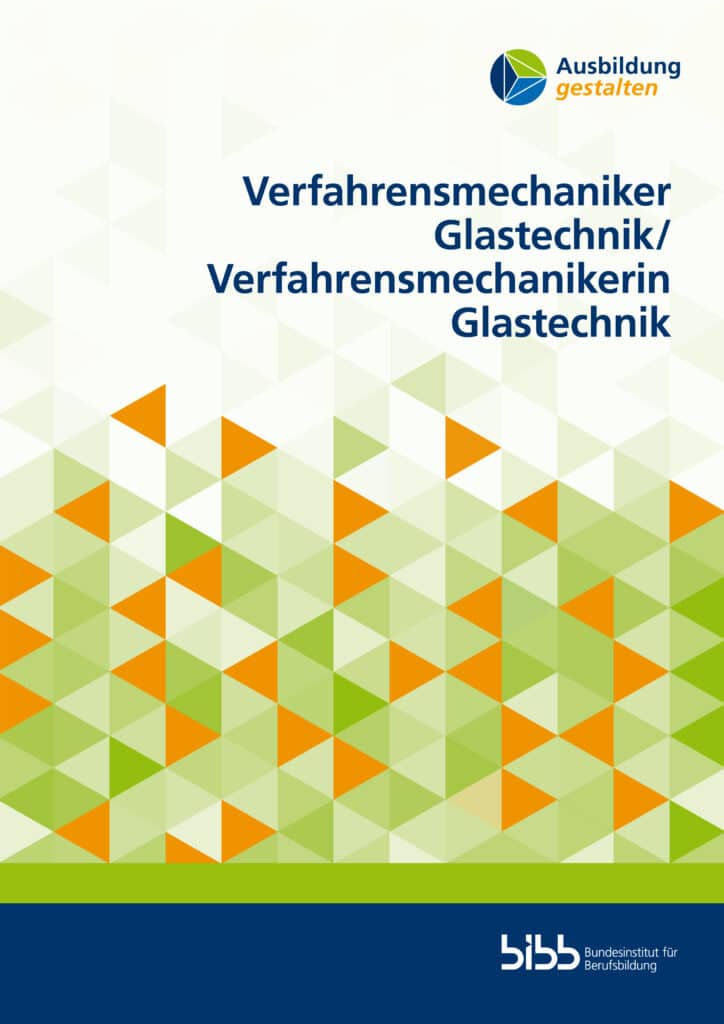
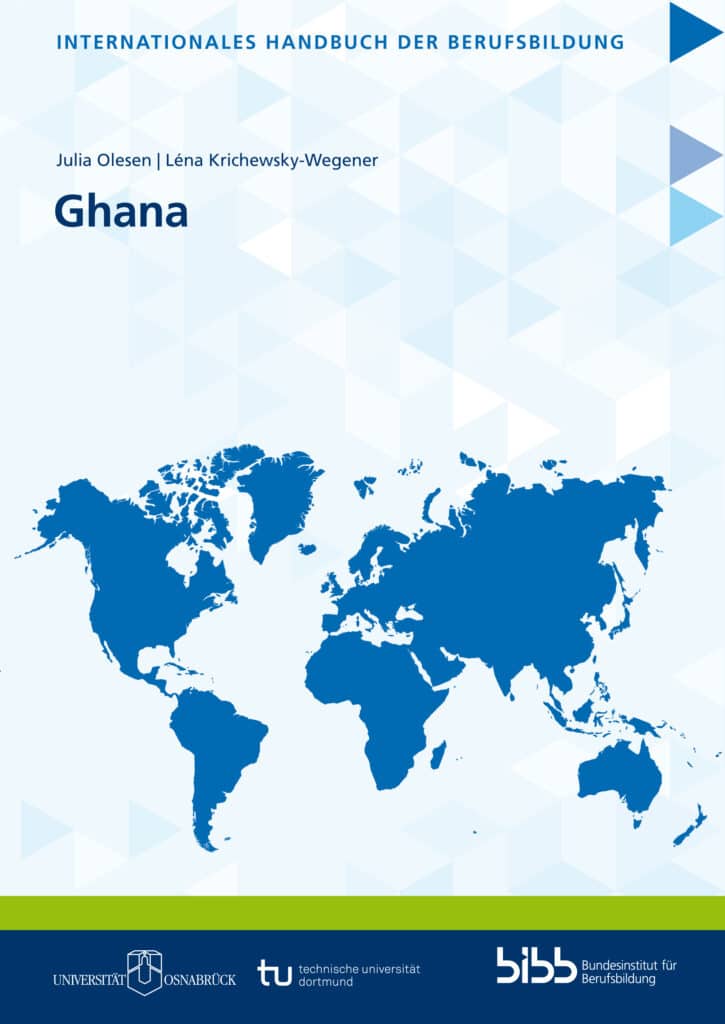
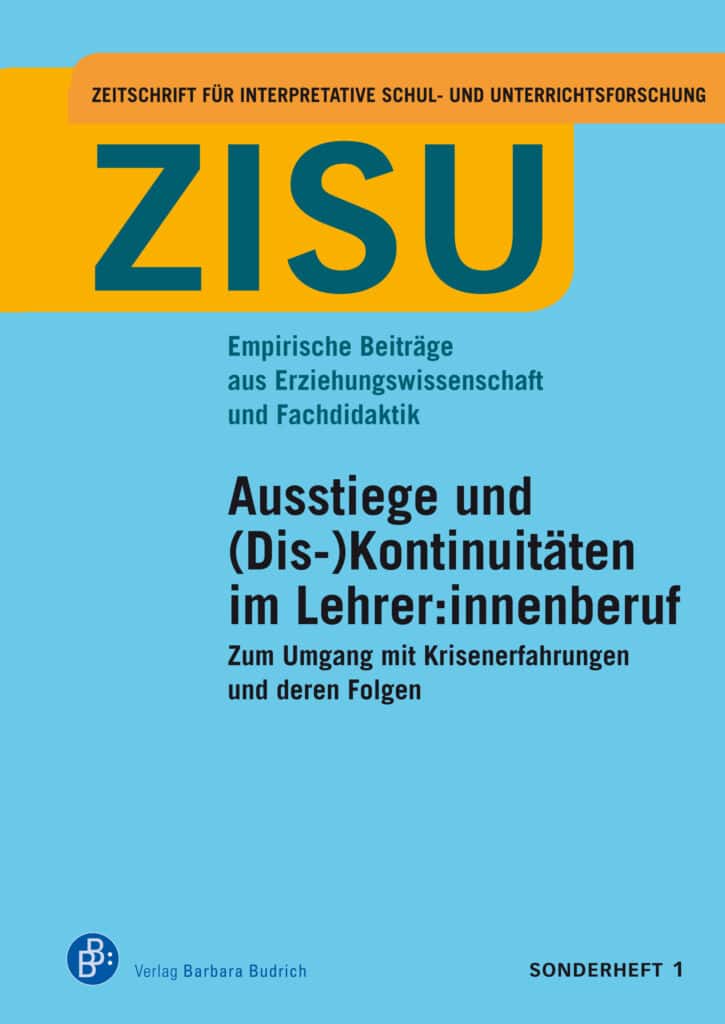
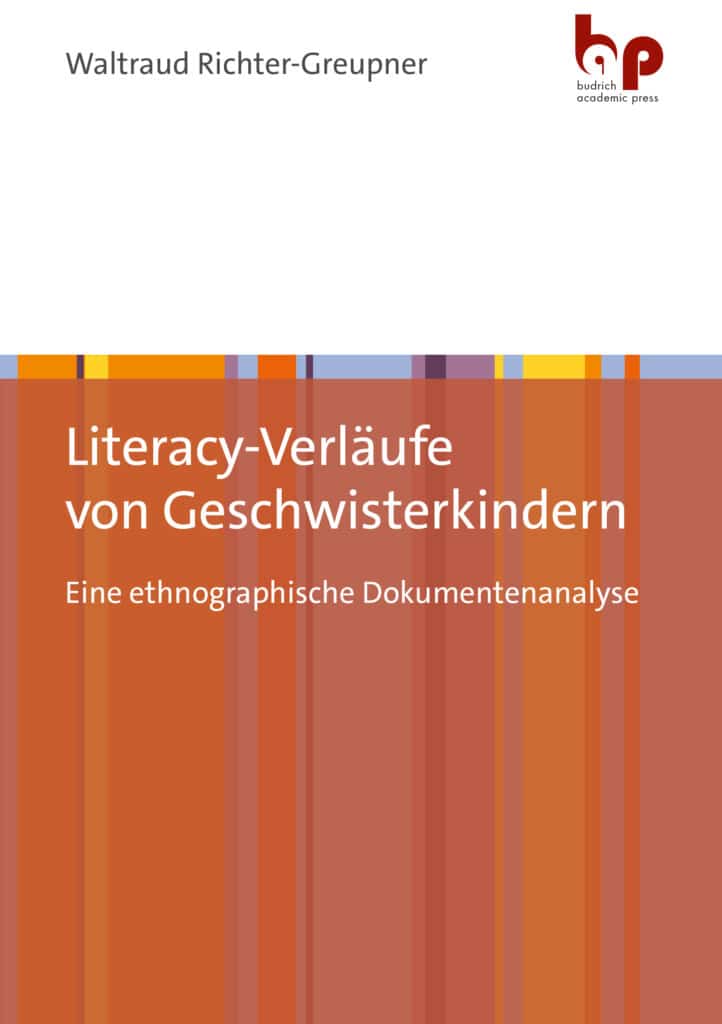
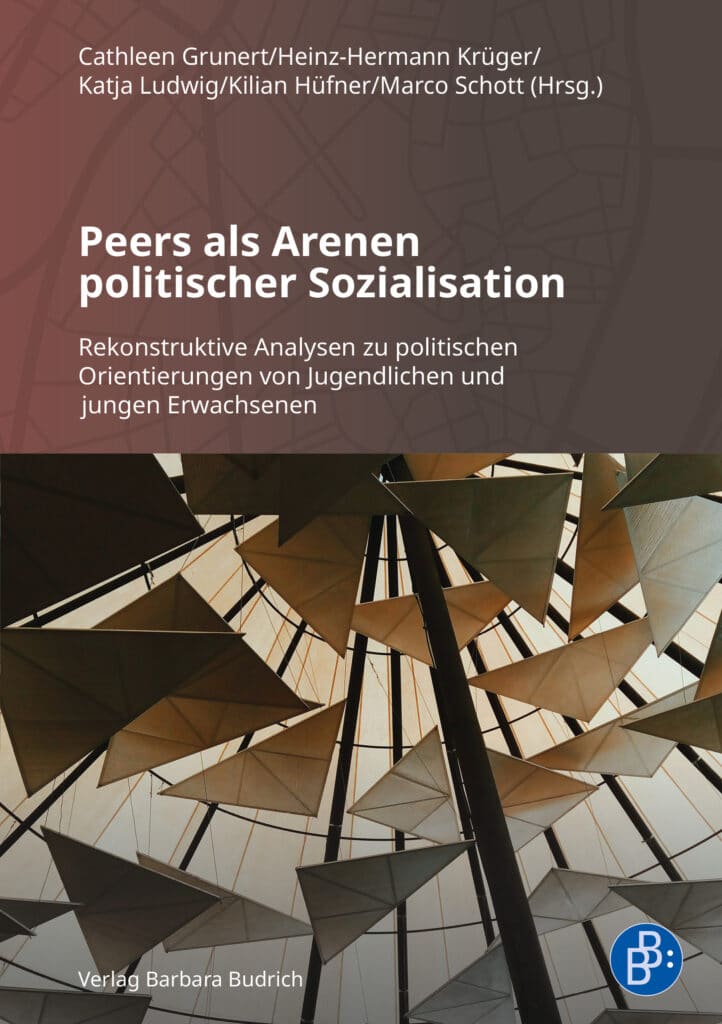

Bewertungen
Es gibt noch keine Bewertungen.